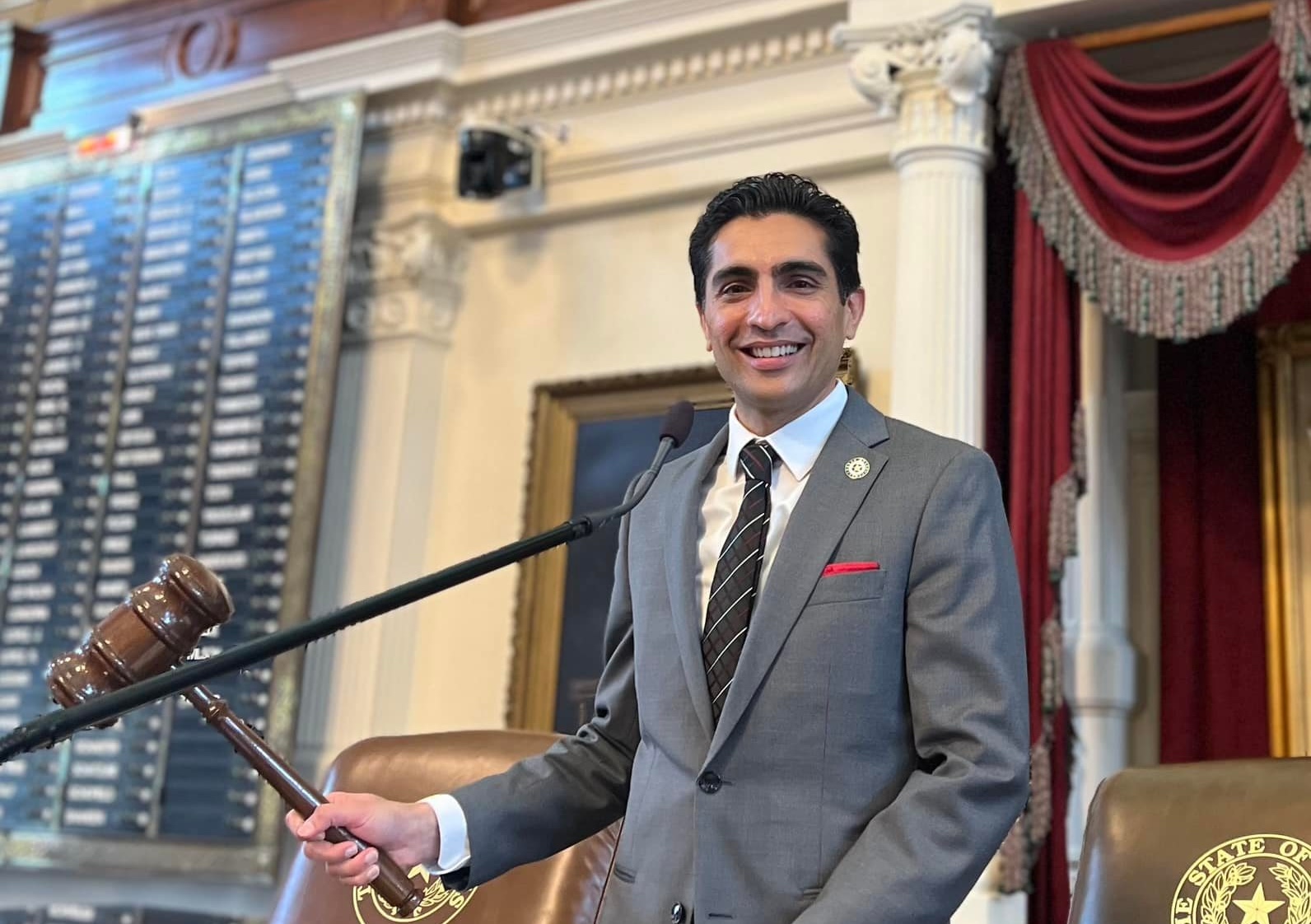The reviews of Mayor Turner’s preliminary pension reform plan have been split. Some, mostly those from individuals with close ties to the administration, believe the plan could go a long way toward getting ahold of Houston’s growing unfunded liabilities. Meanwhile the opposition points toward the plan’s lack of structural reform and willingness to tack on more debt.
A primary aspect of the plan, which Texas Scorecard has written about, is issuing $1 billion in pension obligation bonds. The first problem with that is using bonds to cover unfunded liabilities is just trading one tax-funded debt for another, but the bigger issue is that taxpayers have no direct say in whether or not they incur that debt because it does not require a public vote.
Senate Bill 1696, passed in 2003, authorized some municipalities to issue pension obligation bonds to pay down unfunded liabilities. Although they are repaid with tax dollars, other than through their representative council members, taxpayers have no say in the issuance of the bonds.
“In other words, under this law our City Council could, at any meeting, authorize up to $8 billion in pension obligations bonds without voter approval,” former mayoral candidate Bill King said in an email.
King also went on to explain that Houston taxpayers have only had the opportunity to vote on only 11 percent of its current $20 billion of debt. Everything from additional sewer and airport fees, TIRZ revenue, and pension bonds have been approved, or increased, without taxpayer involvement.
According to King, State Sen. Paul Bettencourt (R-Houston) intends to file a bill at the start of the next legislative session that would amend SB 1696 to require voter approval on pension obligation bonds.
But, in the meantime, taxpayers need to voice their opinion to council. If approved, the $1 billion debt issuance will be the largest in the city’s history and as of right now, the only option that residents in the City of Houston have is to encourage their council members to oppose it.




